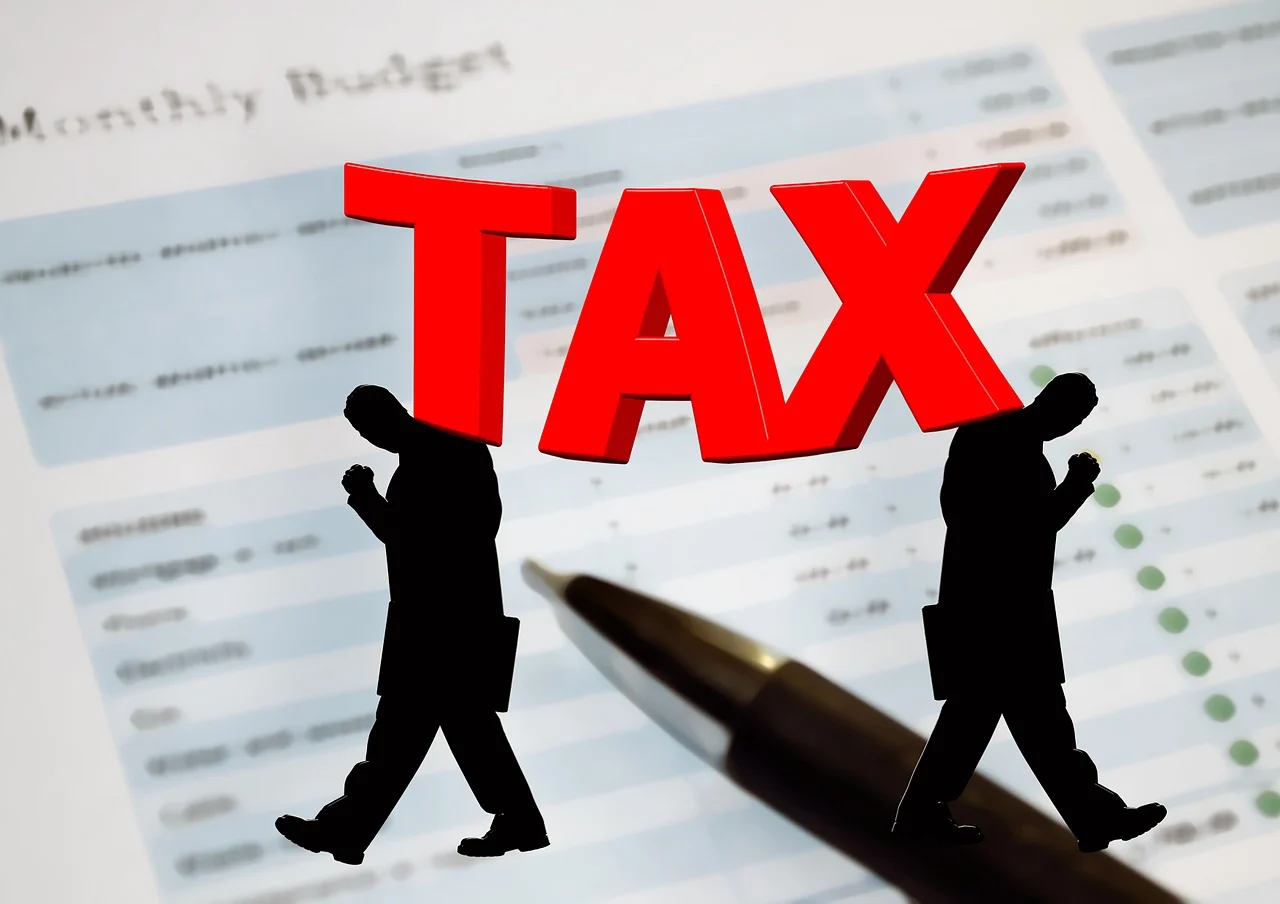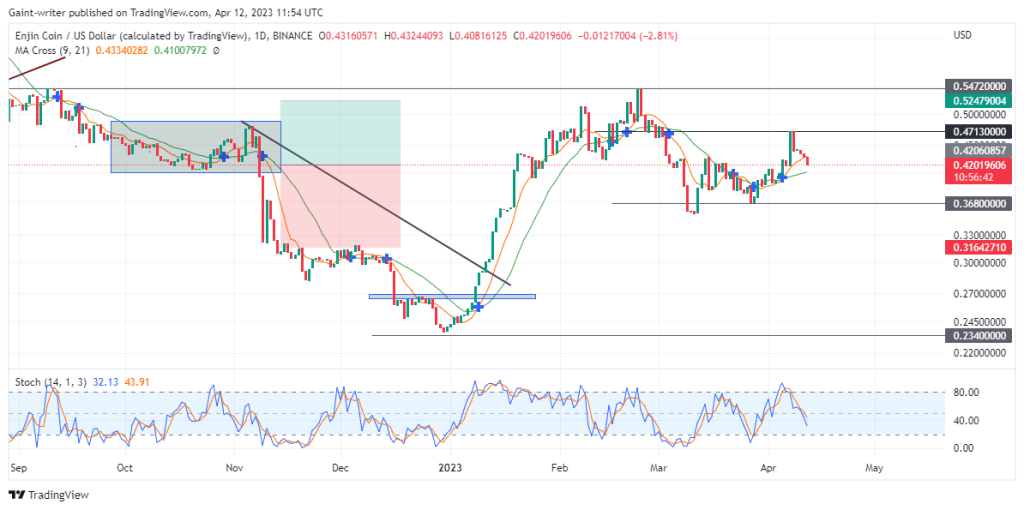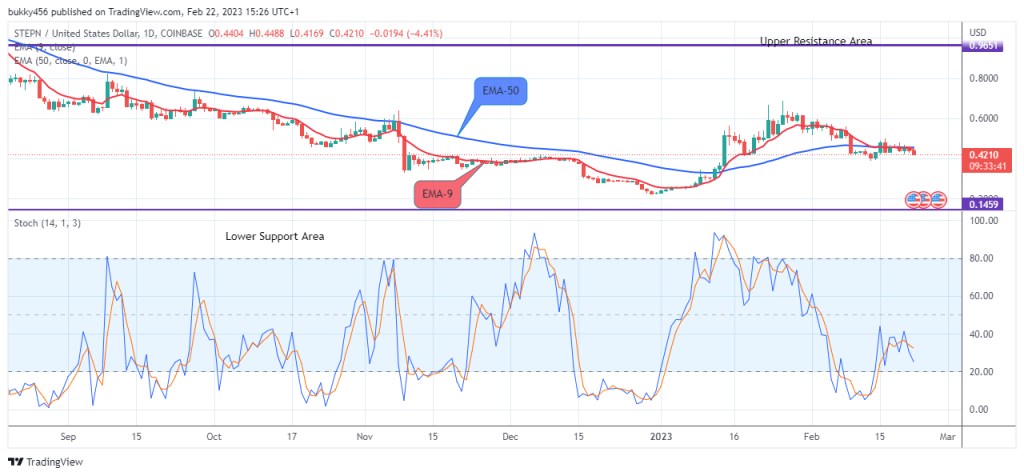The Taxables in Bitcoin, Altcoins, Defi, and NFTs
Don’t invest unless you’re prepared to lose all the money you invest. This is a high-risk investment and you are unlikely to be protected if something goes wrong. Take 2 minutes to learn more

The first IRS-issued rule for cryptocurrency taxation was rolled out in 2014. However, it wasn’t until 2019 that crypto taxpayers were asked to supply statements of the profits they’d made from crypto investments.
How Can Cryptocurrency Be Tracked by the IRS?
The misconception that crypto owners are anonymous to everyone, including the IRS, is pervasive. However, this is untrue. Through disclosures from centralized exchanges or through data analysis of blockchains, the IRS can monitor and examine a person’s cryptocurrency holdings. The IRS can probably find out who the owner of a digital asset is if they want to.
Steps have been taken by the IRS to link cryptocurrency wallets to their respective owners. There are crypto wallets that allow users to link their debit or credit cards to them. Also, people do share their wallet addresses with crypto exchanges. In either case, IRS agents have been trained to use these pieces of information to link crypto wallets to owners who are evading tax payments so they may be brought to book.
How Can Altcoins and Bitcoins Be Taxed?
Bitcoin, Ethereum, and other cryptocurrencies are all treated equally for tax computations. All altcoins and stablecoins adhere to the same tax laws, regardless of whether they are proof of work or proof of stake coins.
The bone of contention is whether investment activities are taxable. Some cryptocurrency transactions are seen as taxable ones, and therefore the person executing them is required by law to pay taxes on them.
Activities Considered Taxable in Cryptocurrency
Below are some of the cryptocurrency activities that are seen as taxable by the IRS:
Cryptocurrency Sales: Someone who sells crypto for currency and makes a profit from it is required to pay tax on his or her profit. Meanwhile, if such sales are at a loss, such an individual is given the allowance of not paying taxes on this type of transaction up to a maximum of $3,000 annually.
Trading Crypto: You must pay taxes if you exchange your cryptocurrency for another token at a profit. Here’s an illustration: you purchase $1000 worth of BTC. You later swap it for $1500 worth of ETH. You made a profit of $500 in this trade, making it a taxable event.
Receiving Crypto Payments: When someone gets paid in crypto, such income is considered taxable income. Also, when goods and services are paid for in cryptocurrency, they are viewed as taxable income. Nevertheless, these should be taxed like ordinary income, not as capital gains.
Cryptocurrency mining: If you receive revenue from Bitcoin mining, it is considered regular income and must be recorded on your tax filings. It doesn’t matter if you keep the tokens or immediately sell them. Rewards from mining are always seen as regular income.
How Can DeFi Be Taxed?
Regulations concerning decentralized finance are yet to be issued by the federal government. As a result, decentralized finance exchanges aren’t asked to report to the IRS. However, by 2024, the DeFi platforms will have to issue tax forms under the Investment Jobs Act.
Similarly, the IRS has not yet released comprehensive guidance on several DeFi transactions and circumstances. In the meantime, investors should exercise caution when managing the tax ramifications of the actions listed below in DeFi:
Cryptocurrency Loan: People who obtain loans from DeFi platforms don’t have to pay taxes. But when people use cryptocurrency to repay loans, such transactions are taxable. People who loan out crypto on DeFi platforms can be taxed just like every other lending endeavor.
Staking, Yield Farming, and Liquidity Pools: When you put your tokens into liquidity pools, you receive rewards. It is regarded as a taxable event to receive such benefits from third parties. When you join the protocol, you must report any pair-based staking activity, which is typically found in AMM protocols.
How Non-Fungible Tokens Are Taxed
Non-fungible tokens bear a resemblance to real-life collectibles. However, we can’t say how the IRS may choose to consider them, either as collectibles or as property. This will eventually influence how they’ll be taxed.
Selling NFTs: The successful completion of an NFT sale by a creator (or investor) and the receipt of the profits (often in ETH) constitute a taxable event. The seller must file a report of the incident and pay any applicable income taxes. The NFT is regarded as a non-capital asset in this scenario. All benefits made by the creator are regarded as typical gains.
Buying Non-fungible Tokens: People who purchase Non-fungible tokens are not taxed for this transaction. Nevertheless, they may realize profits or losses on the Ethereum used for the transaction, but this is based on the duration for which they’ve held the Ethereum token before using it, as this attracts capital gains or losses taxes.
Conclusion
Investing in cryptocurrencies over the long run will help you avoid paying taxes due to frequent buying and selling. The cryptocurrency business is moving toward a period of stringent restrictions and increased oversight from organizations like the IRS. Now is the time to consider any potential tax repercussions if you have any unreported cryptocurrency assets.





